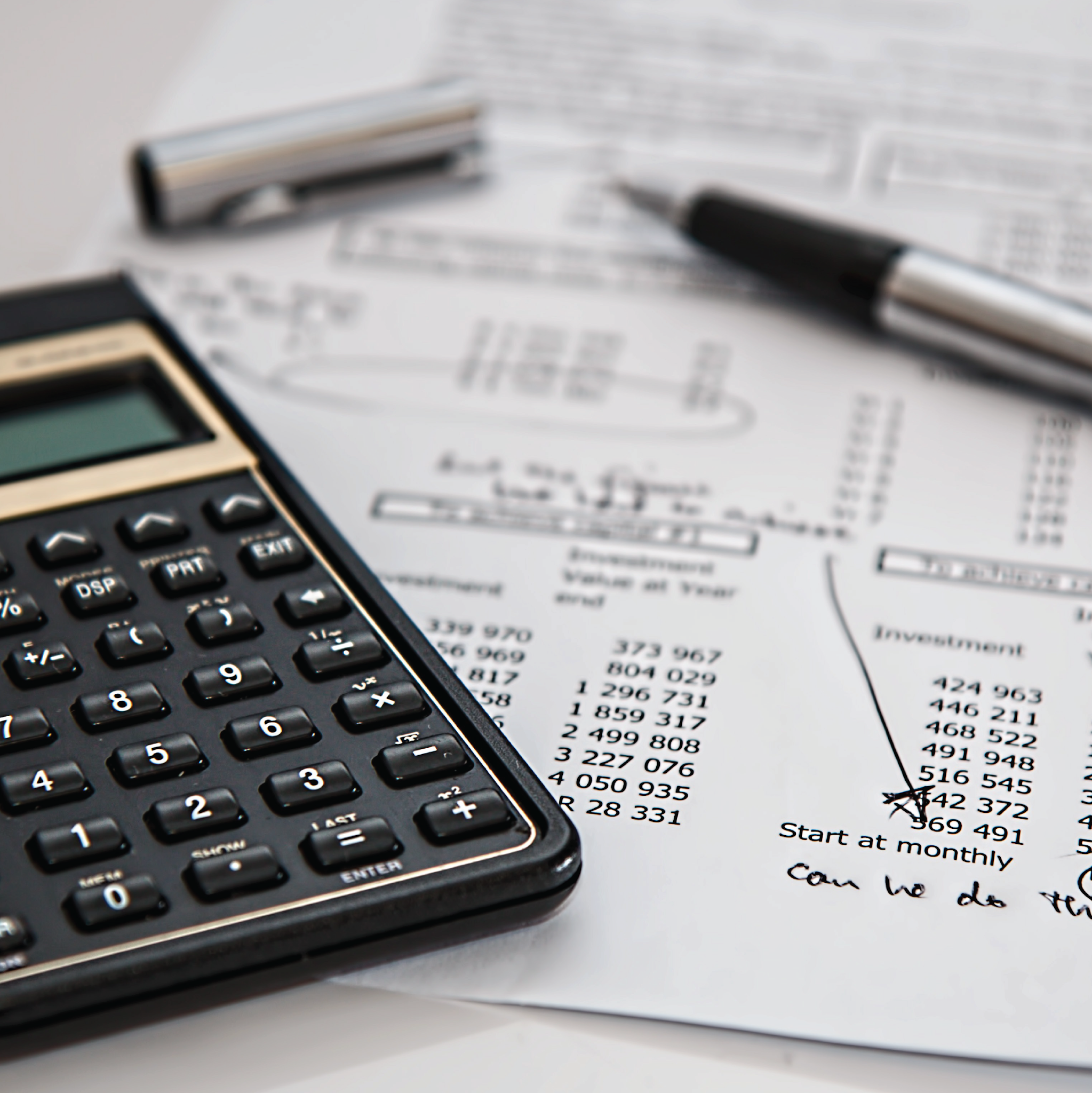 |
| Image from Pexels |
5 Tips on How I Manage My Money
*Note: I’m not a financial blogger nor do I have the experience to teach others about managing money. This post is just a compilation of my experience on how I manage my money.
I’m writing this after feeling so inspired by one of my favorite finance bloggers, RinggitOhRinggit. Suraya is such an inspiration to everyone like me— beginners who had a hard time learning to manage money.
I grew up not learning how to plan my finances. The only thing I was taught, was to save as much money as I could. But at this age, saving is something not easily achievable when you live paycheck-to-paycheck and it is definitely not the smartest way to live till retirement.
How I wished schools had taught us the proper ways of budgeting, saving and financial management— in fact, schools should be teaching money management to encourage students to understand the value of money, the pains of earning money and how easy it is to manage your finances.
Yes, you read that right— How easy it is to manage your finances.
Yes, you read that right— How easy it is to manage your finances.
Before I get started, let me give you a quick grasp of my current financial situation.
I am earning a low 5-digit income annually, that is actually very little for someone who is brave enough to be sharing my money management tips. I am in debt. Yes. I have a housing loan to pay, responsibilities towards my family and a lifestyle to sustain.
Before anyone comes at me for not having the right credentials to be talking about money management, please read the disclaimer on top. I am here to share and talk about how I manage my finances.
Without further ado, these are my secret tips on managing money.
1. Budgeting your cash.
Out of the many ways you may find on the internet, or perhaps read RinggitohRinggit’s post on budgeting styles, I believe in TWO (2) ways of managing my money.
Looking back at my budgeting spreadsheet years ago, I cringed in horror. The entire spreadsheet is daunting, to say the least. I hated the little boxes and weirdly colored columns, filled with numbers and math that I find so difficult to digest. I stopped after 2 months.
But with the right blend of comfort + details, track & record is one of my favorite ways to do budgeting, and paired with the 50/30/20 method, I ensure my money is always well-tracked and saved in my piggy banks. The 50/30/20 ratio is entirely adjustable, sometimes I make it 40/30/30 (depending on my schedule of unavoidable events such as weddings, funerals etc)
The moment I receive my disposable income, I will place 50% into my savings, 30% into my needs, and 20% into my wants. With that in mind, after putting in 50% of my income into the bank, I work on my track & record to monitor my expenses.
- Track & Record
- 50/30/20
Looking back at my budgeting spreadsheet years ago, I cringed in horror. The entire spreadsheet is daunting, to say the least. I hated the little boxes and weirdly colored columns, filled with numbers and math that I find so difficult to digest. I stopped after 2 months.
But with the right blend of comfort + details, track & record is one of my favorite ways to do budgeting, and paired with the 50/30/20 method, I ensure my money is always well-tracked and saved in my piggy banks. The 50/30/20 ratio is entirely adjustable, sometimes I make it 40/30/30 (depending on my schedule of unavoidable events such as weddings, funerals etc)
The moment I receive my disposable income, I will place 50% into my savings, 30% into my needs, and 20% into my wants. With that in mind, after putting in 50% of my income into the bank, I work on my track & record to monitor my expenses.
I love using bullet journals to track & record my expenses. Perhaps I am old school, I prefer pen and paper. My go-to notebooks are obviously from Shopee, shop yours here!
2. Slash unnecessary expenses
What do you really need?
Sit down and ask yourself, do you really need that cup of Starbucks Cappuccino every Tuesday morning? OR can you settle with just a cup of 3-in-1 coffee from your office pantry? Slash your unnecessary expenses, this will give additional cash for your needs and savings. If I do not need something immediately or if there is a cheaper alternative, I would often pick the cheaper alternative.
Oftentimes, I go on a month of no-buy every quarter year. After 3 months of self-pampering, 1 month will be a strict no-buy month where I will save more cash or allocate more money to clear my debts. This doesn’t mean that you shouldn’t buy groceries for food, or replace cracked mirrors in your washroom. A no-buy month is about your lifestyle and personal items. Things that make you happy, but logically, you don’t need it. For example, a new CD or a new pair of sneakers. On a no-buy month, you'll have to be discipline and stop yourself from splurging on feel-good items.
Pay off your loans, debts and anything you owe to people or the bank as soon as possible. If you put in $100 every month into ridding your debt, you’ll be debt free faster and in no time. Be disciplined about paying off your debt. I for one, prefer to pay in huge amounts.
3. Set a no-buy month
Oftentimes, I go on a month of no-buy every quarter year. After 3 months of self-pampering, 1 month will be a strict no-buy month where I will save more cash or allocate more money to clear my debts. This doesn’t mean that you shouldn’t buy groceries for food, or replace cracked mirrors in your washroom. A no-buy month is about your lifestyle and personal items. Things that make you happy, but logically, you don’t need it. For example, a new CD or a new pair of sneakers. On a no-buy month, you'll have to be discipline and stop yourself from splurging on feel-good items.
4. Get rid of your debt
Pay off your loans, debts and anything you owe to people or the bank as soon as possible. If you put in $100 every month into ridding your debt, you’ll be debt free faster and in no time. Be disciplined about paying off your debt. I for one, prefer to pay in huge amounts.
What I would do is to take a whole chunk of money, even if it means dipping into a bigger percentage of my savings to pay off my debt. This is all because I believe that the faster I rid my debt, I can fully focus on seeing more money in my bank account.
5. Create a cash cushion / emergency fund
When you’re comfortable with your current budget and income/expenses, it is time to arrange some money for your cash cushion. This cash cushion and emergency fund are the first thing you will touch during a rainy day. Create a separate bank saving account to store your emergency fund. Store enough emergency funds for a 5-month expense. What I do is to gather my emergency fund and put them in a FD (albeit low return interest rates, the FD keeps me from touching my emergency fund) You may add into your emergency fund whenever you feel like doing so.
I may not be a professional in managing my finances, but I’d like to think I am doing good enough for now. While I am still following + reading up on financial management books and blogs, I believe I’ve implemented the most basic essence of money management into my life.
Darling, we all have to start somewhere. In this beautiful world, money plays a huge part in our lives— the ability to manage your finances will bring you far in life.
Love money + attract more money,
Melody









Post a Comment
I'd love to hear what you think..